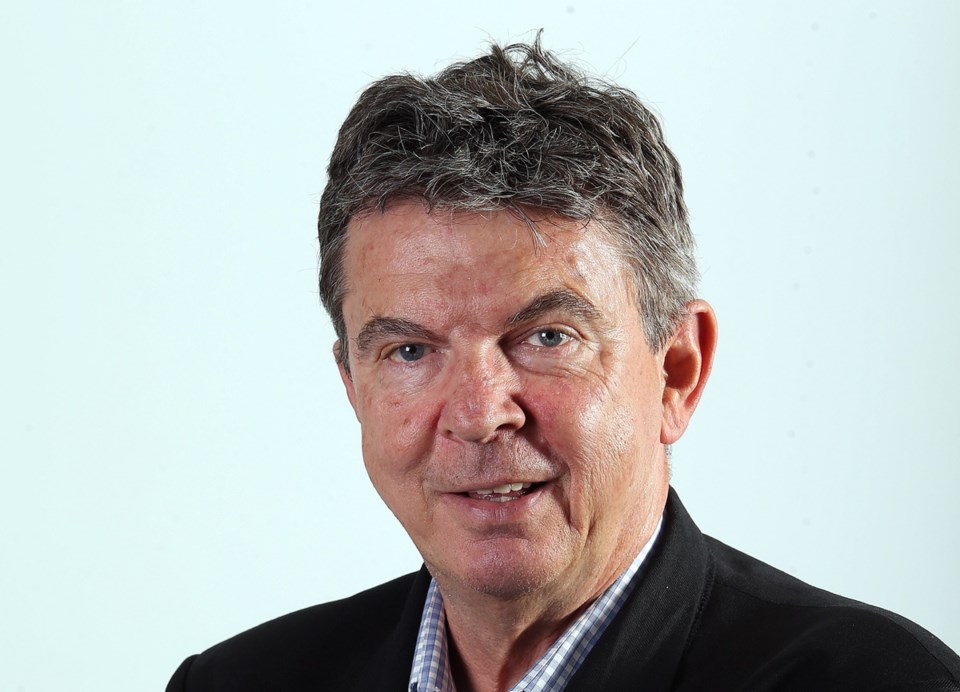 One thing the campers at Victoria’s tent city have accomplished is a sharp increase in the number of shelter beds made available for the homeless.
One thing the campers at Victoria’s tent city have accomplished is a sharp increase in the number of shelter beds made available for the homeless.
For all the grief the camp has wrought on neighbours, the focused attention on the escalating problems over the winter and spring has forced a significant response from the province. Chronic homelessness was diffused throughout the city before the camp took shape last year. The tent city gradually turned it into a specific crisis, one that all levels of government have been dealing with ever since.
Housing Minister Rich Coleman on Wednesday estimated B.C. has spent $32 million on various social housing initiatives recently. The latest one is the $11.2-million purchase of the former Central Care Home on Johnson Street. As with the purchase of the Mount Edwards facility, each new asset brings with it big new costs for renovations and ongoing operation.
The Johnson Street building is comparable in size to Mount Edwards, but cost more than twice as much. Coleman said that is because of the relative conditions of the buildings. The Central Care Home has individual bathrooms, a commercial kitchen and more communal space for various treatment programs that are planned.
It would cost $250,000 a unit to build such a facility, he said, but the deal amounts to about $80,000 per unit.
And the response effort isn’t over. Coleman said another deal is nearing completion for an undisclosed building that will have room for another 50 shelter beds.
The advocacy group Together Against Poverty counts 330 new supportive-housing units created so far this year in Victoria, unmistakably due to the tent city.
Coleman said the uptick in homelessness led the ministry to become more aggressive in the marketplace. Two years ago, the ministry would not have considered making such purchases, he said. But with the influx of people from other parts of the country, the thinking now is that the ministry will need that inventory.
Estimates of homelesssness range as high as 1,400 in Victoria. Meeting that level of perceived demand is unlikely. The more practical target the government is aiming for relates to the population of the tent city. It needs to be able to give an ironclad assurance to the B.C. Supreme Court that there is supportive housing available to anyone there who needs it, if the government is going to win its next attempt to get an injunction to shut the tent city down.
Part of the argument that led to the government being rebuffed the first time around was that the homeless simply had nowhere else to go. If that can be shown to be incorrect, the chances of a win improve.
The fast turnaround time also indicates how eager the government is for the injunction. The building could be open as soon as July, just a matter of weeks after the two days set for hearing the application. There are indications the government will be ready to move very quickly, if the injunction is granted. Enforcing fire-safety orders that are being ignored might happen even sooner.
TAPS official Stephen Portman said the purchase is good news, but the group will continue to contest the injunction on grounds the need for more beds is still urgent.
The former Central Care Home will be run by the Vancouver-based Portland Hotel Society, which was contracted to work with the campers on a one-to-one basis a few months ago. That represents a vote of confidence in what was a scandal-ridden organization a few years ago. The board resigned in 2014 after a devastating audit that found misuse of corporate credit cards, unusual payments through sweetheart deals and unsupported expenses for entertainment and foreign travel.
Former NDP MLA Jenny Kwan’s ex-spouse was implicated in the scandal and Kwan had to repay some of the expenses he ran up.
With another 140 beds soon to be available, the question is whether the tent city can be wound down peacefully, if the court grants the injunction. Coleman said it has happened elsewhere in B.C., but the most impact, if it comes to enforcing the court order, would be on those who are just residing there to make a political statement.



